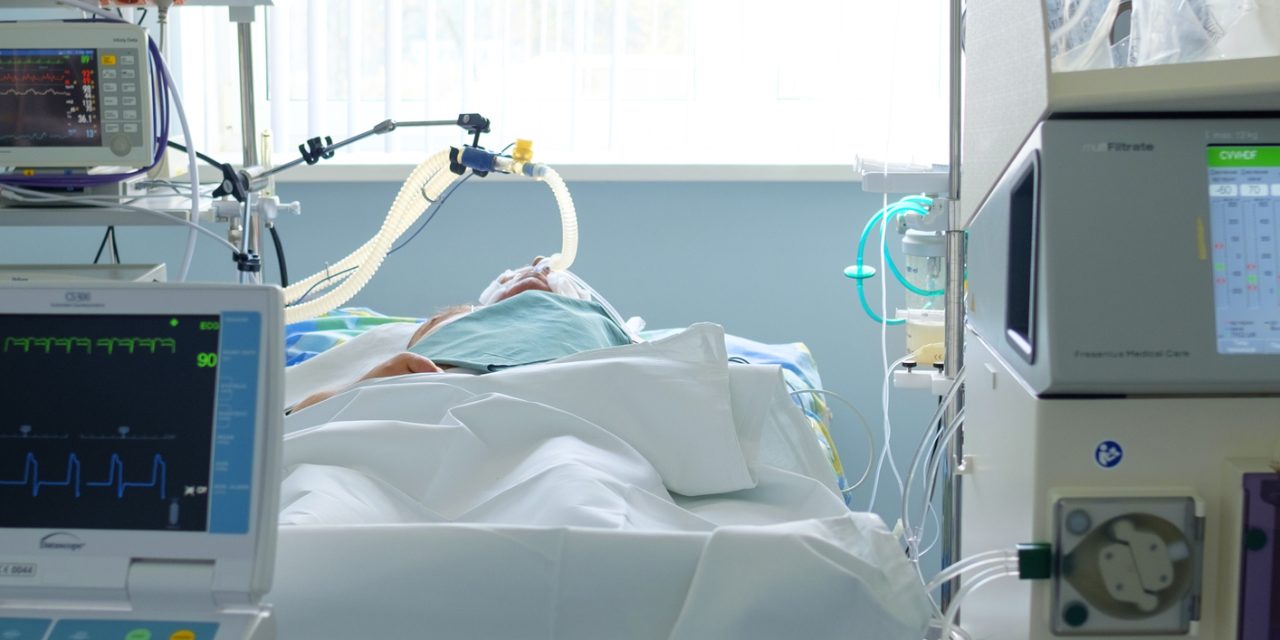Repeated traumatic events result in long-lasting neuropsychiatric ailments, including neuroendocrine imbalances. Neuropeptide Y (NPY) in the arcuate nucleus (Arc) is an important orexigenic peptide. However, the molecular underpinnings of its dysregulation owing to traumatic brain injury remain unknown.
Rats were subjected to repeated mild traumatic brain injury (rMTBI) using the closed-head weight drop model. Feeding behaviour and the regulatory epigenetic parameters of NPY expression were measured at 48 hrs and 30 days post rMTBI. Further, sodium butyrate, a pan-HDAC inhibitor, was administered to examine whether histone deacetylation is involved in NPY expression post rMTBI.
The rMTBI attenuated food intake, which was coincident with a decrease in NPY mRNA and protein levels in the Arc post rMTBI. Further, rMTBI also reduced the mRNA levels of the cAMP response element-binding protein (CREB) and CREB-binding protein (CBP) and altered the mRNA levels of the various isoforms of the histone deacetylases (HDACs). Concurrently, the acetylated H3-K9 levels and the binding of CBP at the NPY promoter in the Arc of the rMTBI-exposed rats were reduced. However, the treatment with sodium butyrate corrected the rMTBI-induced deficits in the H3-K9 acetylation levels and CBP occupancy at the NPY promoter, restoring both the NPY expression and the food intake.
These findings suggest that histone deacetylation at the NPY promoter persistently controls NPY function in the Arc after rMTBI. This study also demonstrates the efficacy of HDAC inhibitors in mitigating trauma-induced neuroendocrine maladaptations in the hypothalamus.
© 2020 S. Karger AG, Basel.
Role for histone deacetylation in traumatic brain injury-induced deficits in neuropeptide Y in arcuate nucleus: Possible implications in feeding behaviour.


